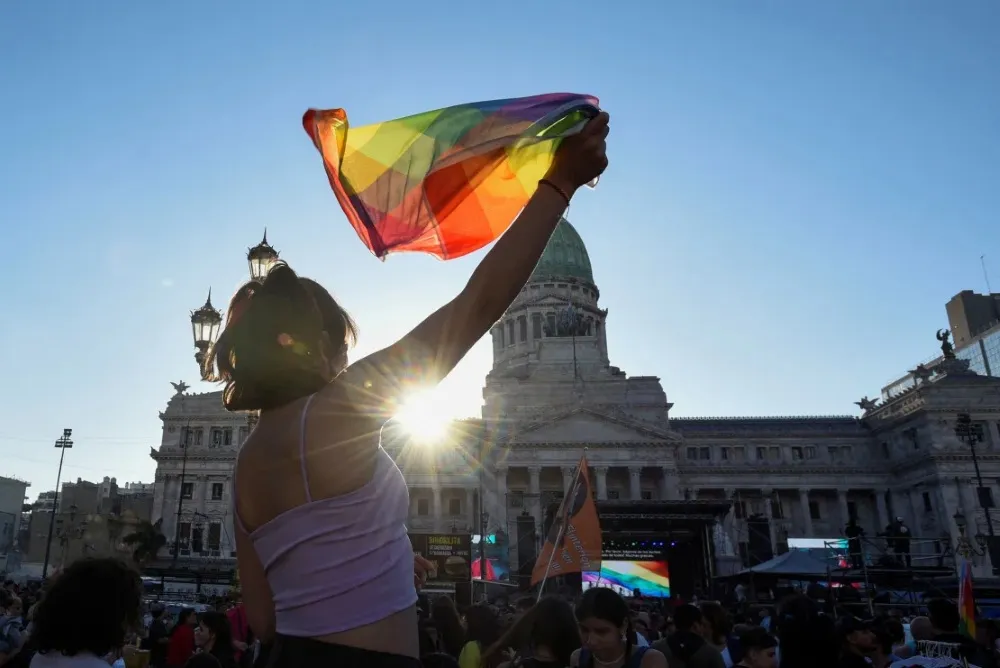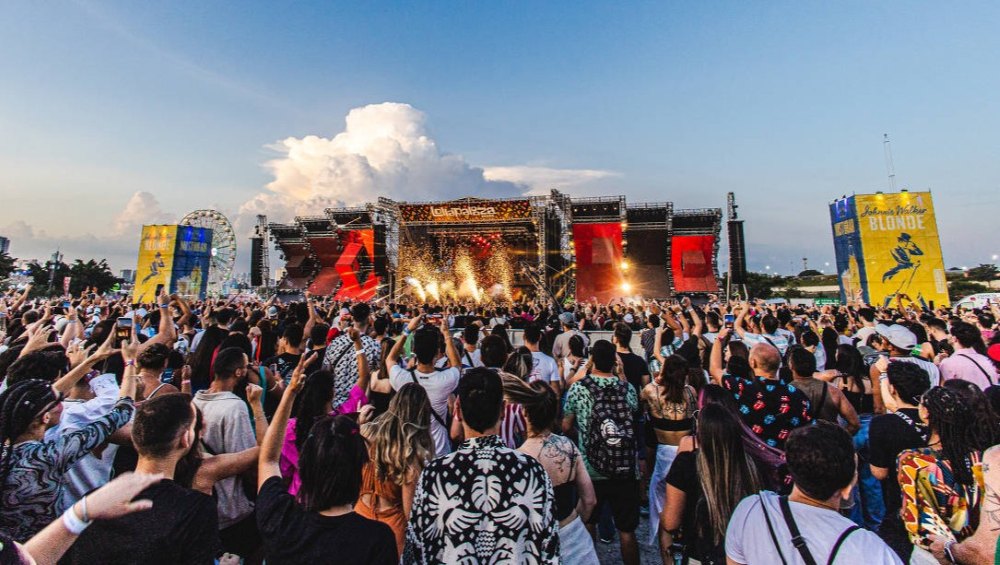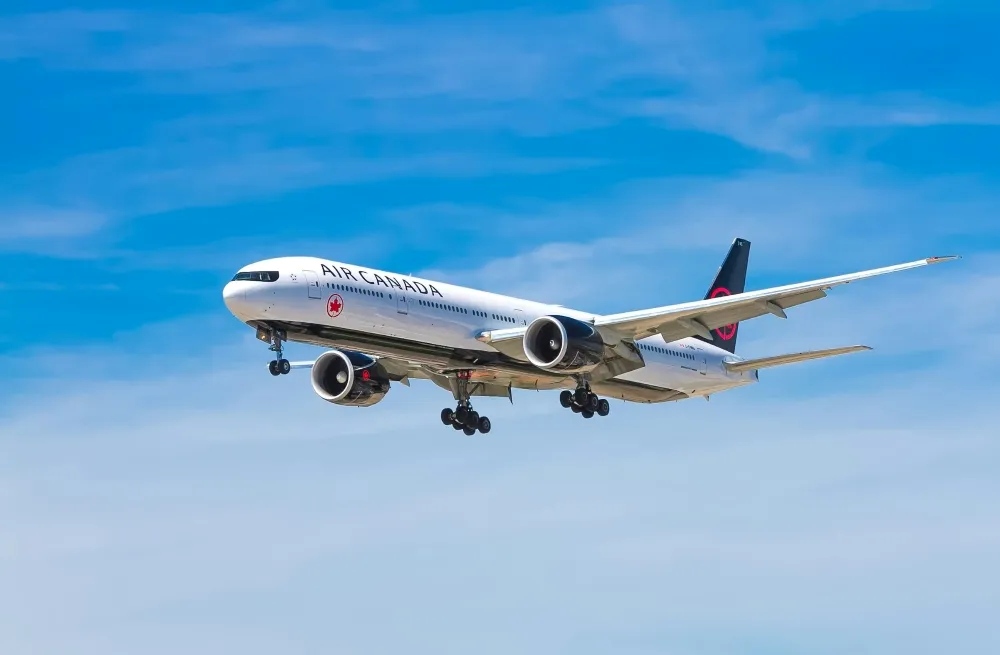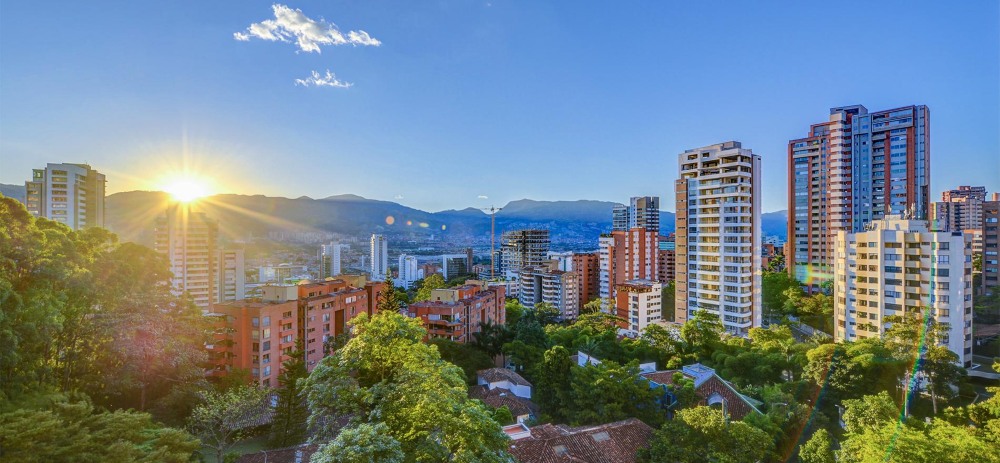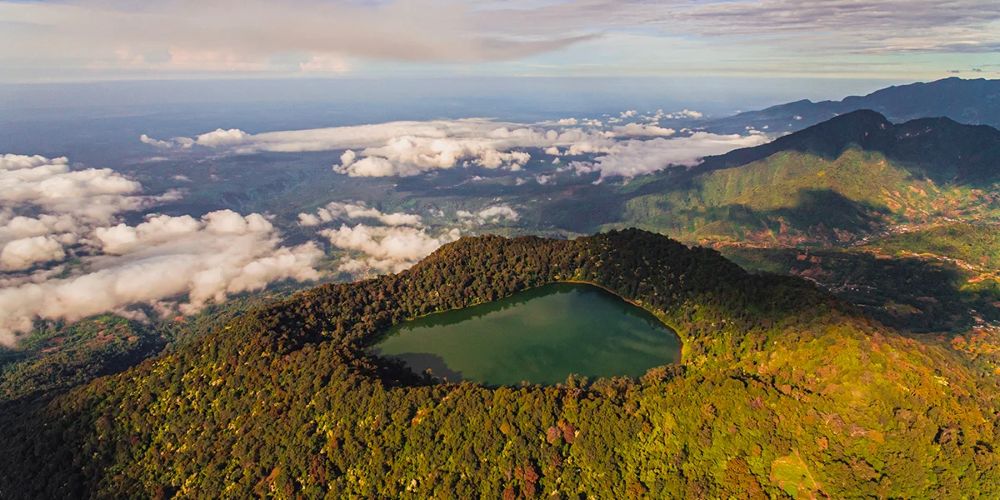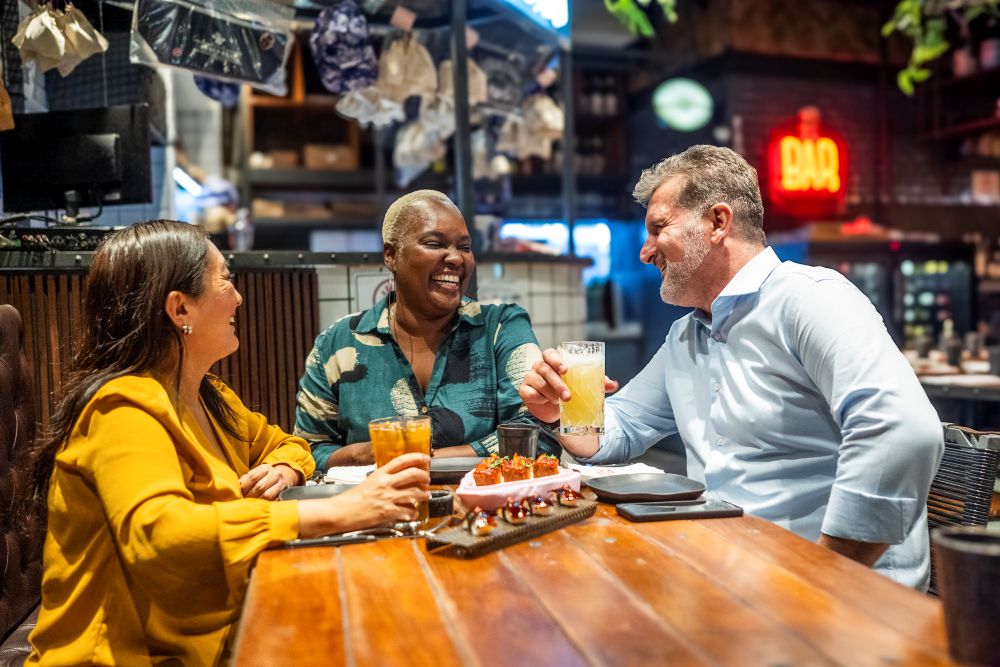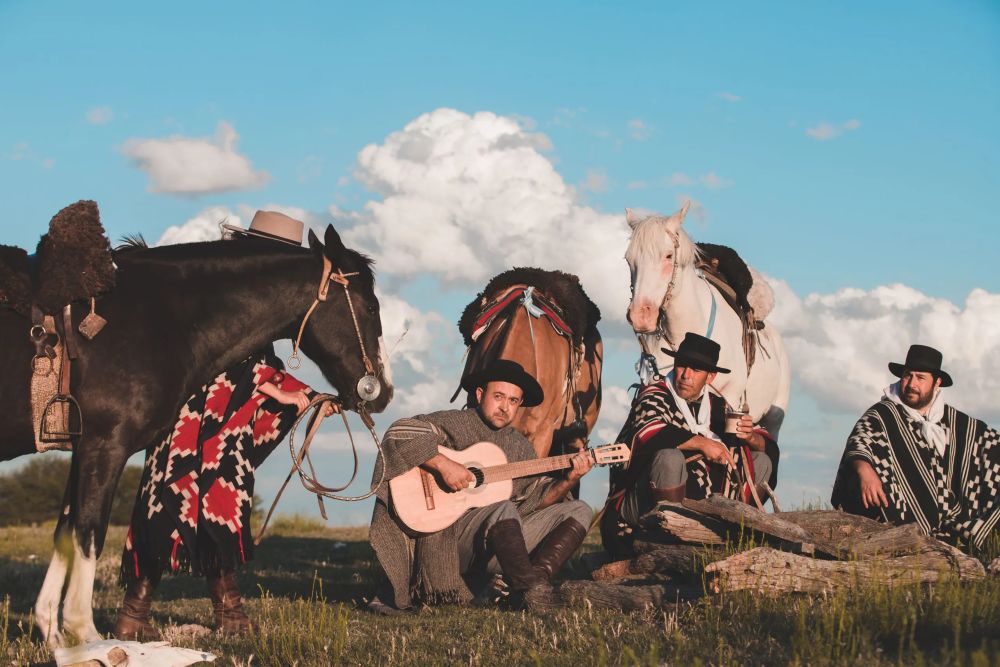Argentina not only protects its vineyards, snow-capped mountains, and landscapes, it also cares for its citizens and travelers. Here, diversity is not just a slogan, but part of everyday life. From the bohemian streets of Buenos Aires to the end-of-the-world scenery in Ushuaia, the country invites you to enjoy an authentic, free, and deeply human experience.
With its network of cultural, natural, and urban experiences that have been designed (and redesigned) with an inclusive approach, this southern country wants to go beyond tolerance and offer a sense of belonging to each of its visitors.
A tourism strategy with a face and a commitment
Behind the country’s positioning as one of the leading LGBT+ destinations in Latin America is a clear strategy. The National Institute for Tourism Promotion (INPROTUR) and the Argentine Gay and Lesbian Chamber of Commerce (CCGLAR) have been promoting the “Todxs Bienvenidxs” (Everyone Welcome) program for years. This distinction for tourism providers across the country has already reached several provinces, ensuring respectful and conscious treatment of diversity through training sessions and operator engagement.
Likewise, participation in international fairs such as LGBT+ Tourism Expo or events like Gnetwork360, one of the most important annual LGBT+ tourism conferences in Latin America, reinforce Argentina’s commitment to this community.
Destinations to recommend (and revisit)
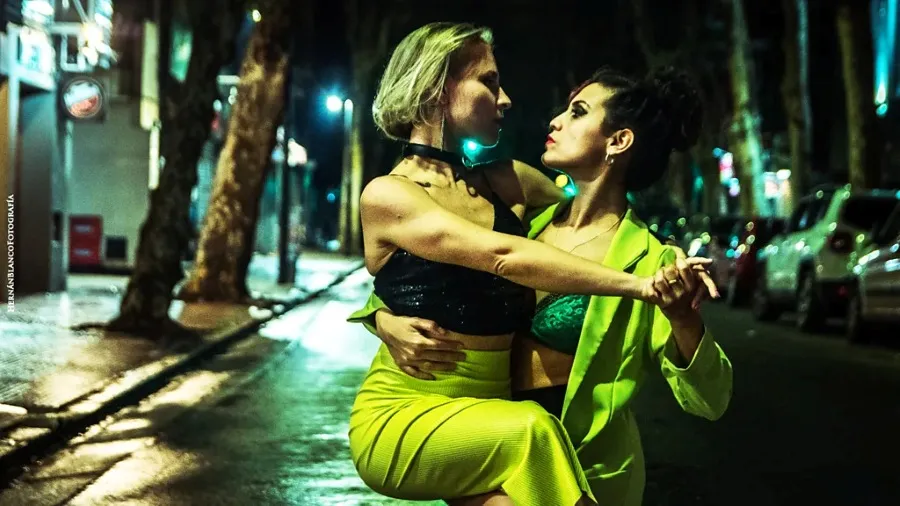
Buenos Aires, considered the capital of design, culture, and nightlife, boasts iconic neighborhoods such as Palermo, San Telmo, and Recoleta. Many venues—including bars, bookstores, milongas, and cultural spaces—are inclusive. Also, every year in November, the Pride Parade brings together nearly 2 million people, making the city a regional benchmark.
But beyond these well-known landmarks, Buenos Aires reinforces its appeal with the queer tango scene, an experience that transcends tourism to connect with community and cultural resistance.
Mendoza, beyond its renowned Wine Route, stands out for its “Vendimia para Todxs” (Harvest for Everyone), an inclusive harvest festival that attracts both locals and tourists and is now in its 29th edition. Some wineries have also incorporated wine tourism experiences tailored to LGBT+ audiences, from private tastings to symbolic ceremonies.
Rosario, a young, cultural city with a strong social fabric, celebrates not only its Pride March in October, which offers a whole week of cultural, educational, and gastronomic initiatives with a diverse focus. Its waterfront, museums, and self-managed spaces make it an attractive stop for travelers looking for a circuit outside the traditional one.
Nature and express weddings
In Puerto Madryn, LGBT+ tourism intertwines with Patagonian nature through initiatives such as the National Beach Games for Diversity and, above all, the Express Marriage program, which allows couples, including foreigners, to get married in a civil ceremony in just five days. In addition to an intimate and romantic moment, they can explore the best of Argentine Patagonia‘s wildlife, observe marine fauna, and access various protected areas.
Further south, Ushuaia is establishing itself as a destination for LGBT+ travelers seeking intense and meaningful experiences. In addition to its extreme landscapes and activities such as trekking and sailing, the city has hosted symbolic and religious weddings for LGBT+ couples, with institutional and social support. An ideal option for those who want to celebrate love at the end of the world.
Our article: Ushuaia: Odyssey to the Edge of the Unknown World
A destination that doesn’t just promise inclusion—it puts it into practice
Argentina has one of the strongest legal frameworks in Latin America in terms of LGBT+ rights. It was a pioneer in legalizing same-sex marriage in 2010 and in passing a Gender Identity Law in 2012, internationally recognized for allowing changes to official records without medical or legal requirements. These policies generate trust and guarantee members of the community freedom and respect during their stay.
This commitment to equality is not just on paper: it is lived on the streets, in the culture, and in the way visitors are welcomed. In Argentina, inclusion is not a tourist attraction: it is part of its identity. For those who want to feel part of the places they visit, this country is not just another option, but a safe choice, rich in experiences and with a warmth that is difficult to forget.
Photos : Reuters | Hernán Blanco

